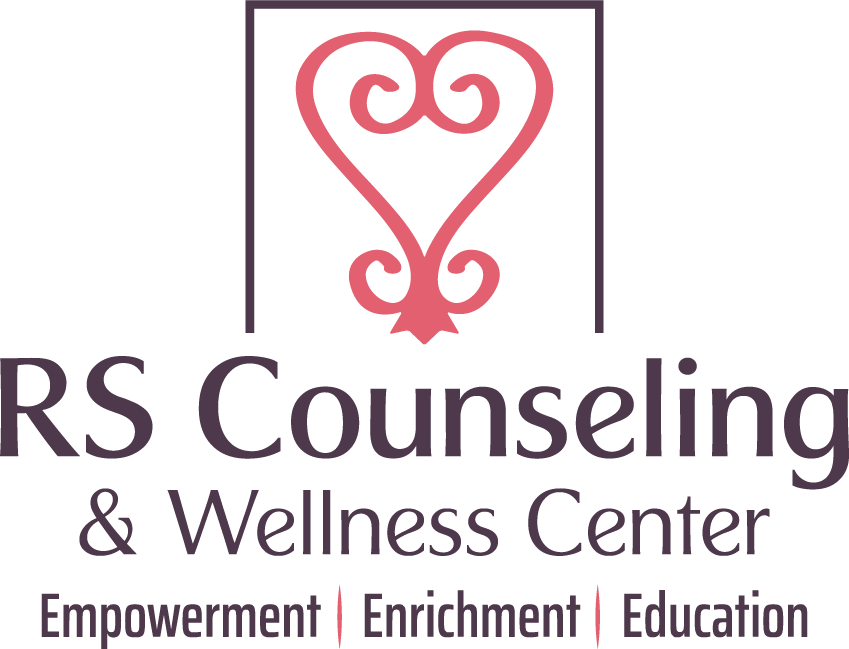Embracing Mental Wellness Month

By: Alexis Fredrick-Bouy
Embracing Mental Wellness Month
Mental Wellness Month, celebrated annually in January, serves as a vital reminder of the importance of prioritizing mental health and overall well-being. For mental health professionals, this month presents an opportunity not only to advocate for increased awareness but also to reflect on our practices, engage with our communities, and advance the conversation about mental wellness.
Understanding the Significance of Mental Wellness Month
Mental Wellness Month emphasizes the proactive maintenance of mental health rather than merely addressing mental illness. It’s a time to focus on resilience, self-care, and the tools needed to foster emotional and psychological well-being. This shift is essential in reducing stigma, encouraging early intervention, and promoting a more balanced approach to mental health care.
As professionals, we play a crucial role in educating our communities about the benefits of preventative care and supporting the adoption of daily practices that enhance mental wellness.
Reflecting on Professional Practice
Mental Wellness Month is an ideal time for self-assessment and growth. Here are key areas to consider:
- Holistic Approaches: Evaluate whether your therapeutic practices incorporate holistic perspectives, addressing physical, emotional, and social factors. Consider exploring integrative techniques like mindfulness, nutrition, and exercise as part of a comprehensive care plan.
- Burnout Prevention: As a caregiver, your mental health is paramount. Use this month to evaluate your self-care strategies. Are you effectively managing stress, setting boundaries, and prioritizing personal wellness? Burnout impacts your ability to provide quality care.
- Continued Learning: Stay informed about new research and wellness interventions. Attend workshops or webinars that focus on enhancing client outcomes, such as resilience training, stress management, or innovative therapeutic techniques.
Engaging with Your Community
Mental Wellness Month is a chance to connect with your community and amplify the conversation around mental well-being. Here are actionable ways to engage:
- Host Wellness Events: Organize workshops or webinars for the public. Topics could include mindfulness practices, managing stress, or building resilience. Tailor these events to the needs of your community to maximize impact.
- Collaborate with Organizations: Partner with local schools, workplaces, or community centers to promote mental wellness. Initiatives like yoga sessions, workplace mindfulness training, or community health fairs can have far-reaching effects.
- Leverage Social Media: Share tips, resources, and inspiring stories on platforms like Instagram, Twitter, or LinkedIn. Create posts that encourage wellness practices, highlight accessible resources, and normalize seeking help.
Advocating for Policy and Systemic Change
Mental health professionals can influence systemic change that prioritizes wellness:
- Support Wellness-Oriented Policies: Advocate for policies that encourage work-life balance, mental health days, and access to preventive care. Join professional organizations that lobby for these changes or engage directly with policymakers.
- Address Social Determinants of Mental Health: Advocate for solutions to systemic barriers like housing insecurity, discrimination, and lack of access to healthy food. Collaborate with interdisciplinary teams to create initiatives that address these factors.
Educating and Empowering Clients
Mental Wellness Month is also an opportunity to empower your clients:
- Encourage Self-Care: Teach clients about the importance of self-care practices, such as regular exercise, balanced nutrition, and relaxation techniques. Share tools like mindfulness apps or stress management resources.
- Foster Resilience: Work with clients to build resilience by strengthening their coping mechanisms and support networks. Encourage activities that promote emotional strength, like gratitude journaling or community involvement.
- Enhance Awareness: Provide psychoeducation on the importance of maintaining mental wellness. Equip clients with knowledge about how small, consistent changes can make a big difference in their overall well-being.
Celebrating Progress and Setting Goals
Mental Wellness Month is not just about raising awareness; it’s also a time to celebrate personal and professional achievements in fostering well-being. Reflect on progress made in your own practice, from improved client outcomes to personal growth.
Looking forward, set actionable goals for the year ahead:
- Enhance Accessibility: Work to make wellness resources more available to underserved populations.
- Expand Offerings: Introduce new wellness programs or services in your practice.
- Measure Impact: Evaluate the effectiveness of your efforts to promote mental wellness and adjust strategies as needed.
Conclusion
Mental Wellness Month is a powerful reminder of the importance of a proactive approach to mental health. For mental health professionals, it’s an opportunity to lead by example, educate others, and drive systemic change. By fostering a culture of wellness, we can create environments where individuals not only manage challenges but also thrive.
Let’s use this month as a springboard for action, ensuring our practices and communities embrace the principles of mental wellness throughout the year.
Check out our 2025 webinar lineup https://rswellness.org/live-webinars/
Want More? Check out our featured on-demand courses. https://www.rscourses.com/
